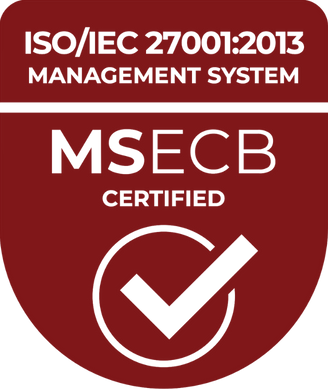Psychological safety – the key to competence development

Continuous development of skills is vital for companies that want to maintain their position in a market where new trends are constantly emerging. In knowledge-intensive industries, the value lies within employees’ collective competence and knowledge. As supply needs to meet market demand, the pace at which individuals and organizations learn is the only sustainable competitive advantage, and companies that do not invest in skills development risk losing customers.
More and more companies are beginning to understand the importance of actively working to refine and develop the competence in the company. Many people invest both time and money in continuous skills development. However, what is often forgotten and/or neglected is the learning environment and the corporate culture that underlies the development. In the same way that school pupils find it easier to absorb information in safe and secure environments rather than in messy and unstructured classrooms, employees develop better in environments where there is psychological safety.
Psychological safety also lays the foundation for your EVP (employer value proposition). Nowadays, it is not uncommon for companies that focus solely on results and so-called “hard values” to encounter obstacles in recruitment processes, and over time they lose talents. This is especially true when recruiting millennials/Gen Y/Z, a.k.a “the burnout generation”.
In the past ten years, mental health has grown to become more normalized. We live in a society that talks openly about mental health, and we strongly advocate for it. However, many companies still see mental health as a taboo topic. Companies must begin to review their internal structures and corporate culture for companies to recruit the next generation.
As a Gen Z, I see a big difference in the discussions I have with my friends about what we look for in an employer compared to the conversations around the dinner table with my parents. While my parents’ generation premiered secure 9 to 5 jobs, my generation is more willing to take risks working for startups and in tech. However, we premier employers who support a culture of health at the firm, and that understand that mental health and psychological safety at work matter just as much as our physical health.
Psychological safety
A few years ago, Google conducted an internal study to identify the five “keys” to effective teams. The results showed that the most critical aspect of effectiveness is psychological safety. However, psychological safety and its connection to groups is not a new invention. In the Harvard Business Review, Amy Edmondson, David Garvin, and Francesca Gino write that psychological safety is an essential building block in a learning organization. Psychological safety refers to an individual’s perception of the consequences of taking an interpersonal risk without being seen as ignorant or incompetent.
When provoked by a boss or colleague in a climate without psychological safety, employees are left feeling fearful of making mistakes and the adverse reactions that may result from mistakes, and they risk ending up in a “fight-or-flight” reaction.
The “fight-or-flight response” is embedded in our DNA. When dangerous animals, competing tribes, and other life-threatening situations formed part of everyday life, it was this reaction that ensured that we saw the light of tomorrow. Today, when we do not face the same risks, the response only partially fulfills its original purpose. In a workplace where it is not about life or death, it has no meaning at all, but the sensors in our brains do not understand it. Although there is no lethal threat, the brain responds to events as if it were a matter of life or death. It shuts down the perspectives and analytical reasoning needed to solve complex problems, which hampers our performance and development.
How leaders establish psychological safety within an organization
Development thus requires a climate where we do not fear that our ideas will be devalued or criticized. Companies, therefore, need to work on establishing trust, respect, and security within the organization. But how do you as a leader proceed?
To establish a culture and climate that tolerates mistakes, managers must lead by example by being transparent with their own mistakes.
Furthermore, it is essential to review how you as a leader communicate. If leaders act in an authoritarian or punitive manner, team members can become passive as it instills a fear that the nature of similar situations leads to confrontation and punishment. Managers should present constructive feedback in a way that encourages improvement. Be coaching-oriented and actively discuss positives and negatives. What has worked well? What has gone wrong, and what can we do differently next time? The best results require experiments and risks. By evaluating mistakes, it is possible to learn from faults and take the lessons forward.
Soft values drive hard results.
It’s time to abandon the conventional wisdom of tough love and the idea that results solely derive from hard work. There needs to be a shift from seeing employees as only human capital, to see it for what it is; people with emotions and needs.
Psychological safety is a precursor to the adaptive, innovative performance needed in today’s rapidly changing environment. To achieve the best results, you need a work environment that encourages team members to be vulnerable, think outside the box, and be willing to take risks. Without fear of rejection or punishment, more people dear to come forward with their ideas and perspectives. The collective knowledge, constructed by different ideas and perspectives, is vital to solve problems and achieve success.
This article was originally published in Swedish on peopletech.wiseit.se.
Read the article in Swedish here.

Global Communication & Marketing
Global Communication & Marketing
You may also like...
All posts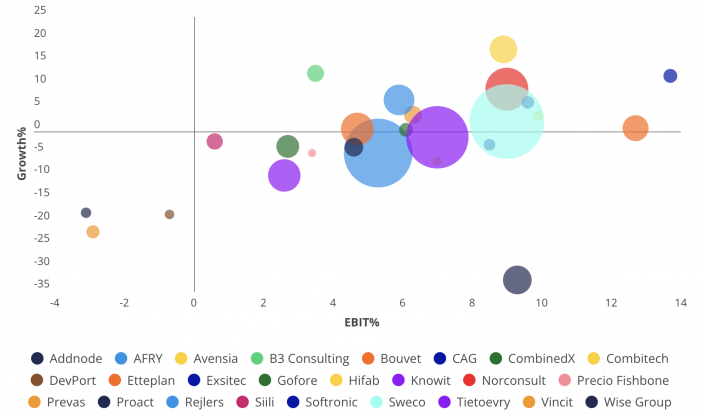
Nov 16 2025 · Economic Reports, Uncategorized
Consulting industry remains challenged in Q3 – but more firms are growing and signs point to recovery

May 16 2025 · Cinode, Uncategorized
From Teamtailor to Matched and Presented Consultant in Cinode – in Just a Few Seconds!

Jun 28 2023 · Entrepreneurship, Skills Management
Bridging the gap between Swedish companies and Polish IT talent
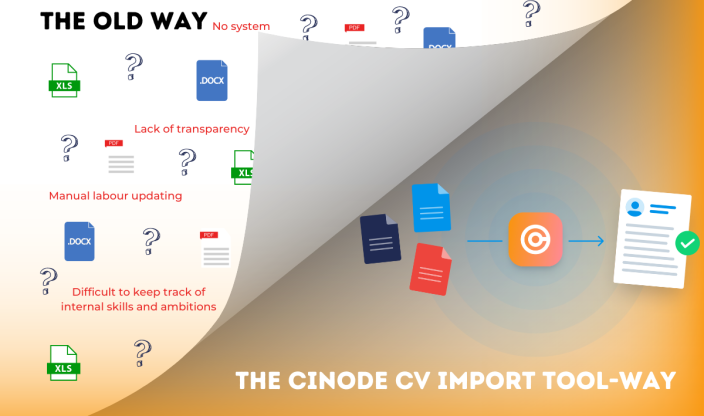
Apr 28 2023 · Cinode News, Skills Management
Easily create customized CVs with Cinode’s CV import tool

Apr 20 2023 · Consulting, Sales, Skills Management
How do you work more skills-based within your company?

Apr 04 2023 · Cinode News, Skills Management
5 Easter eggs for eggstra effective Skills Management

Mar 23 2023 · Consulting, Sales, Skills Management
“If you sell competence, you always need to be on top of how you develop your skill set”
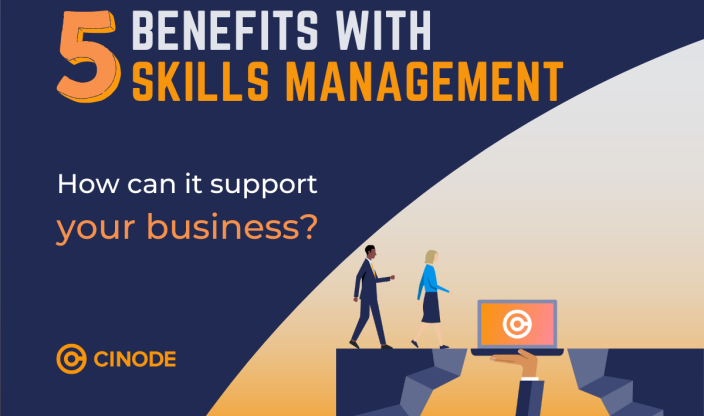
Feb 22 2023 · Skills Management
How can Skills Management help your company?
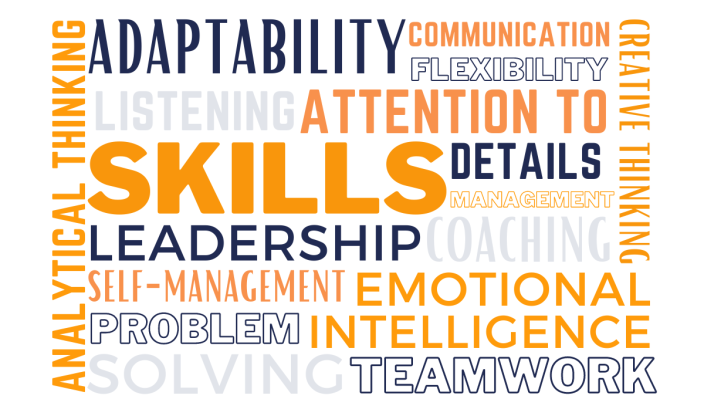
Feb 16 2023 · Skills, Skills Management
How to identify and recruit transferable skills

Feb 07 2023 · Skills Management
Flying start 2023 – how to succeed with your skills growth plan

Dec 21 2022 · Skills Management
Latest in Skills Management from the past year

Dec 08 2022 · Cinode News, Skills Management
